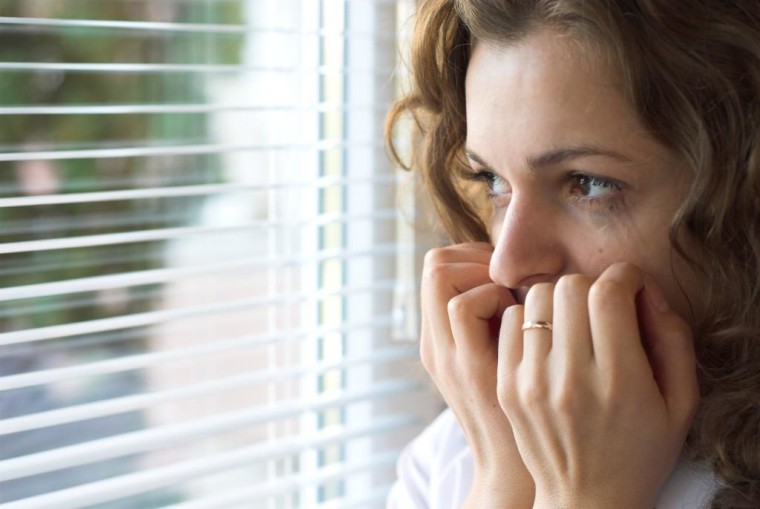The antidote to fear is gratitude. The antidote to anger is gratitude. You can’t feel fear or anger while feeling gratitude. –So says Tony Robbins on a pretty regular basis.

The question is – is it true?
Dan Baker, the author of “What Happy People Know,” believes it’s true. He says. “The threatening messages from your amygdala [fear center of the brain] and the anxious instincts of your brainstem are cut off, suddenly and surely, from access to your brain’s neocortex, where they can fester, replicate themselves, and turn your stream of thoughts into a cold river of dread. It is a fact of neurology that the brain cannot be in a state of appreciation and a state of fear at the same time. The two states may alternate, but are mutually exclusive.”
Yet, Therese Borchard says in her blog on Psych Central, that she experiences depression and gratitude at the same time. And so did lots of people who responded to Rachel Hollis’ tweet that said “Interrupt anxiety with gratitude.” You know – THAT Rachel Hollis. The one who wrote the best-selling book “Girl Wash Your Face”.
Many said that gratitude helps. Sometimes a lot. And that they definitely can feel both anxiety and gratitude at the same time.
It’s really come home to me this past week as we celebrated Thanksgiving. Our family had a great day celebrating together. And the next day I celebrated 2 friends’ birthdays at a festive dinner out. Not only that, but I have a regular gratitude practice, both in prayer and in writing.
And yet on Saturday night I was feeling fearful. Strange symptoms that I had in 2011/12 have reappeared. They are frightening while they happen, especially since we never figured out what caused them back then. They just went away, and we figured that something we'd done had solved the problem.
I claimed Psalm 23 – The Lord is my Shepherd. I shall not want. I thanked God for all he has given me in the past, and all I have in the present. Not the least of which is his promise to be like a shepherd to me.
I claimed Psalm 34 – Those who look to him are radiant. Their face are never covered with shame. Again, I thanked God for the gift of seeing and hearing me. Being with me through this harrowing experience. I thanked him for strengthening me – such that when these symptoms ease I’m so much stronger than I was before.
And yet, as intentionally thankful as I was, I still felt afraid.
When I read Psalms, I see that the authors often had what I’d call mixed emotions. Grief and gratitude. Joy and sorrow. If not simultaneously, then alternating so rapidly you’d be hard-pressed to tell where they switched.
And in my own life, I’ve seen that I can experience both grief and joy on the anniversary of my husband’s death. I have friends who both mourn and rejoice in the turns life has taken. Anyone whose life has been shattered and rebuilt may experience this duality from time to time.
Yes, it’s true that if your negative emotions overtake you, they are effectively hijacking your brain. And gratitude can be a way to help the primitive parts of your brain back off to let the thinking brain work. But I think we can experience some of those emotions without being completely controlled by them.
So why not cut ourselves some slack? Yes, practicing gratitude can make a huge difference in how we feel. Shawn Achor’s and other research have demonstrated that. But I don’t think that negates the other emotions. Why not allow ourselves to feel them both? To believe that our hearts have the capacity for more?
I think we’re more likely to be honest. More able to deal with the emotions we have, if we aren’t forced to be one-dimensional. I haven’t fully figured this out. I’m just exploring this idea because I’ve had times when I’ve felt that my emotional life was more complex than either-or.
I’d love to hear what you think. What you’ve experienced. Does gratitude block other emotions? Or have you experienced gratitude + something else? Did gratitude help you deal with the negative emotions – like fear, anxiety, or whatever? I’d be honored if you’d leave a comment.

